November 2013 Review
TransConflict is pleased to present a selection of articles published during November, plus updates from the Global Coalition for Conflict Transformation.
Suggested Reading |
Conflict Background |
GCCT |
Temperance in the Arab Spring – averting catastrophe through great power politics
By Matthew Parish – The world’s most politically volatile region, the Middle East, has been stabilised through the collective common sense of three Great Powers – the United States, Great Britain and Russia – applying regressive yet pragmatic foreign policy. Read on…
Turkey’s rapprochement with Iraqi Kurdistan – an obstacle to the Kurdish peace process?
By Dr. Ulas Doga Eralp – The decision by Turkey’s prime minister, Recep Tayyip Erdogan, to pursue rapprochement with the president of Iraqi Kurdistan could prove a profound obstacle to the Kurdish peace process. Read on…
Kosovo – “successful” election just first step
By Gerard M. Gallucci – The EU – with US support – has helped broker a framework that puts the current frozen conflict between Serbia and Kosovo onto a path that may eventually allow further mutual accommodation. But this opportunity could be lost if any of the parties try to move too quickly. Read on…
Two roofs over one school
By Martino Bianchi – The evolution of the protests over the school in Konjević Polje seems to be the product of more profound social and political dynamics in Bratunac municipality, and indeed in the whole of Bosnia and Herzegovina. Read on…
The fight of ‘who is right’ – perspectives in conflict
By Katerina Antoniou – Attempts at reconciliation should first begin by working to eliminate antagonism; namely by bringing two or more stories to the table and revealing to each party the perspective of ‘the other’. Read on…
The politics of reconciliation in Zimbabwe
By Gift Mwonzora – A ten-year delay in establishing the constitutionally-guaranteed National Peace and Reconciliation Commission (NPRC) raises profound questions about the commitment of Zimbabwe’s political elites to achieving justice and reconciliation. Read on…
Russia, Serbia and South Stream
By Jovan Kovacic – For Russia, South Stream further consolidates its energy umbilical cord to Europe; whilst for Serbia it will serve as an important bridge between East and West – one that will increase its regional negotiating power. Read on…
Kosovo’s north – from barricades to integration
By Shpetim Gashi – Immediately after the December 1st run-off, Pristina, Belgrade and the international community should translate the famous concept of integration into measurable and tangible benefits for the north. Read on…
Kashmir – an integral part of what?
By Shams Rehman – The dispute over Jammu and Kashmir has long been discussed from an Indian or Pakistani perspective, ignoring the views of those Kashmiris who feel that they have been denied their right to self-determination for over six decades. Read on…
Unfree and unfair in northern Kosovo
By the Balkans Policy Research Group – The municipal elections in Kosovo on were not really local, and come down to two very different stories depending on whether one looks at the Serb-held northern region or the rest of the country. These were not ordinary elections: they were meant to mark a peaceful transfer of power over northern Kosovo, from Serbia to the Kosovo government in Pristina. Their failure is a serious warning sign. Read on…
Global Coalition for Conflict Transformation
The fifth GCCT newsletter
TransConflict is pleased to present the fifth Global Coalition for Conflict Transformation (GCCT) newsletter, showcasing the work of the GCCT and its members. Read on…
Addressing human rights violations in the Armenian armed forces
By Edgar Khachatryan – With human rights violations in the Armenian Armed Forces having become a taboo subject, Peace Dialogue used simulations to raise awareness about the situation faced by soldiers, thereby helping breakdown the culture of silence that prevailed. Read on…
The Movement Against Violence and Impunity in Africa
The Movement Against Violence and Impunity in Africa (MAVIA) was established 2009 in the city of Monrovia, Liberia. It has since been involved with community outreaches raising awareness and teaching about non-violence, peace, and human rights. Read on…
New members of the Global Coalition for Conflict Transformation
TransConflict welcomed two new members to the Global Coalition for Conflict Transformation, from Kosovo and Nigeria, respectively. The Centre for Research, Documentation and Publication (Kosovo) – advocates for transitional justice through the development of objective memory and the promotion of initiatives that normalize community and regional relationships. Advocates for Youth and Health Development (Nigeria) is a youth led organization engaged in peace promotion, conflict resolution, human rights and economic development, primarily through capacity-building, advocacy, research and documentation.

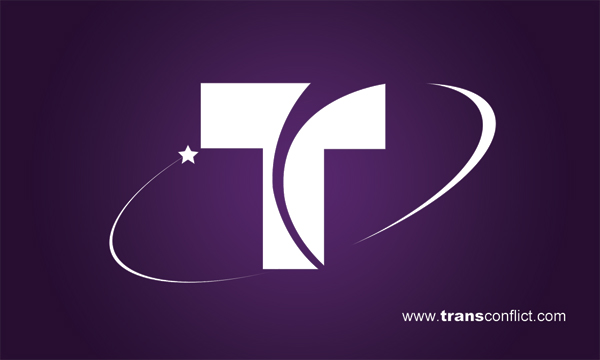


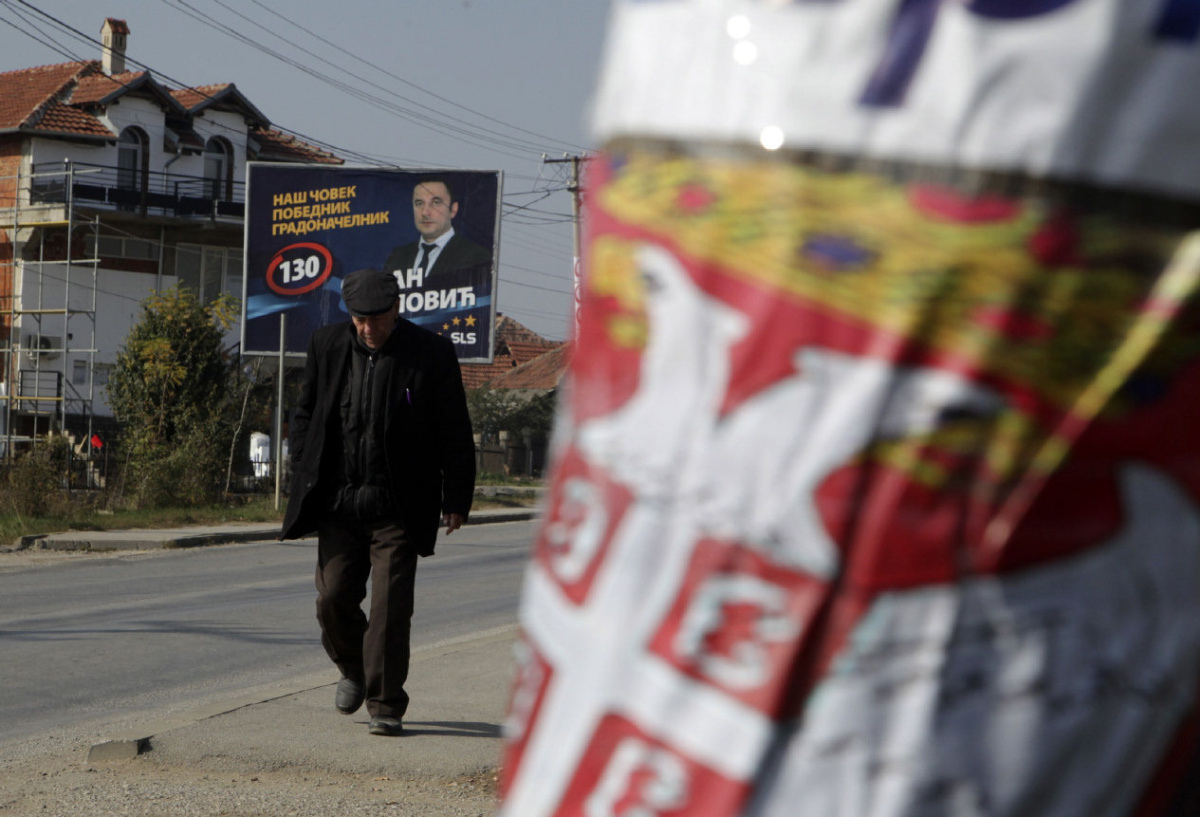

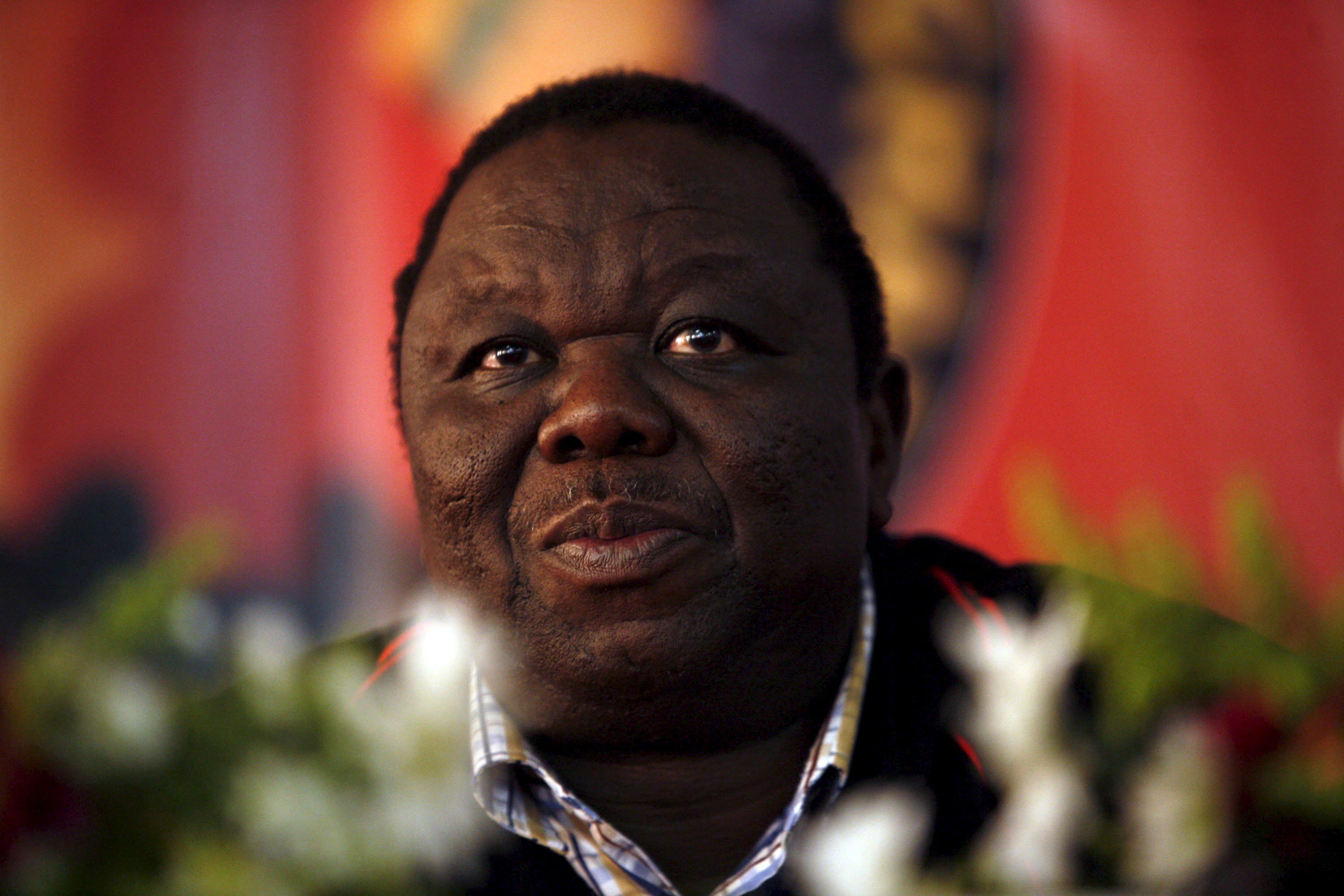
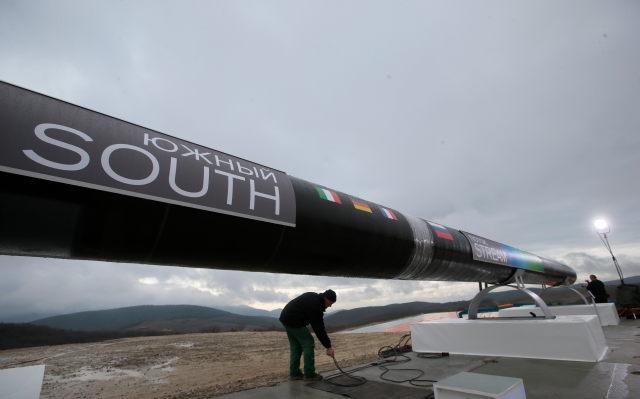
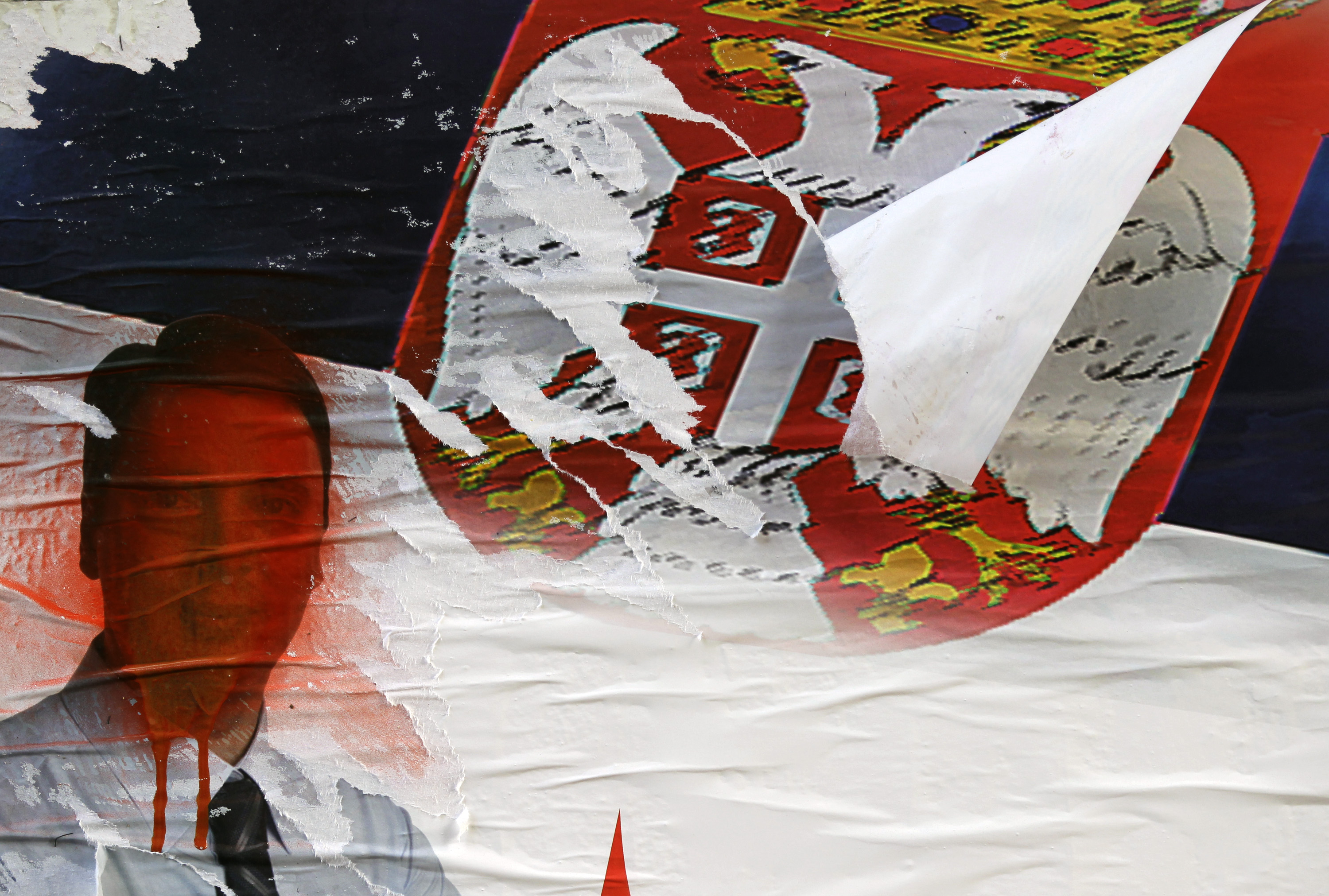

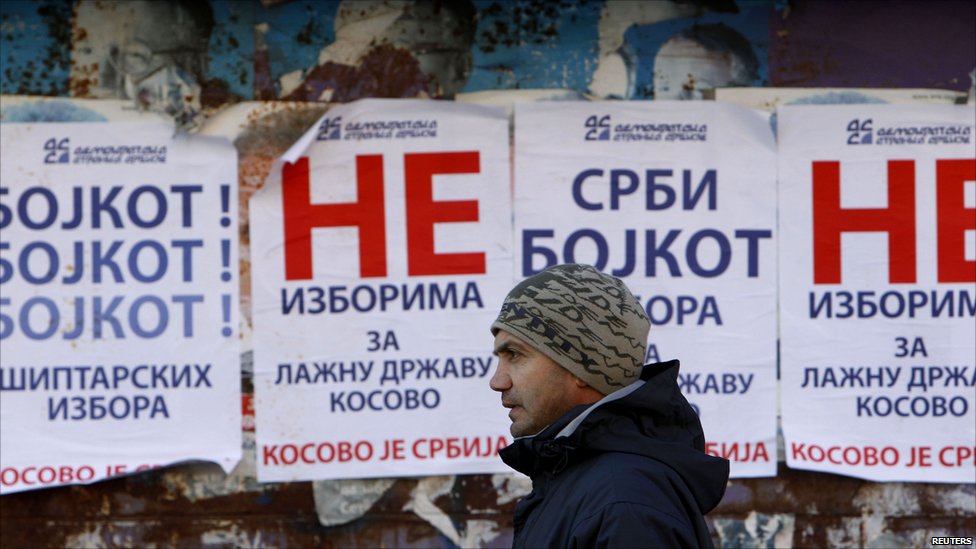
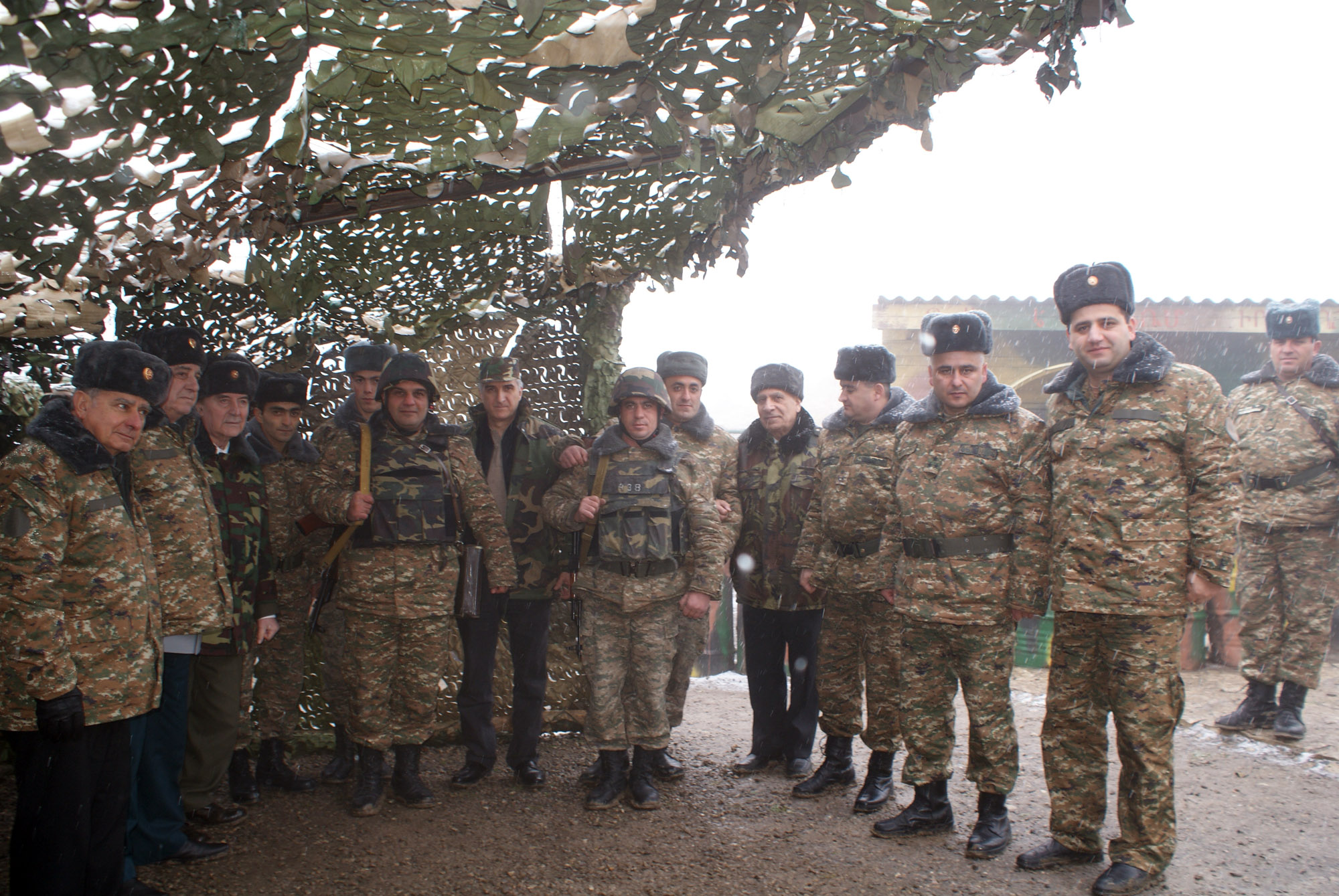
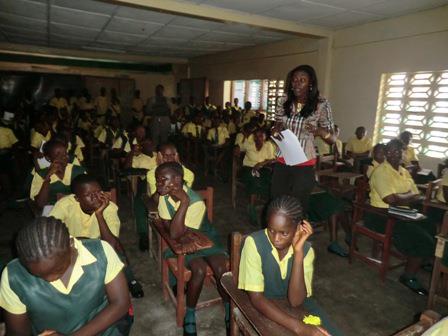


















November 2013 Review http://t.co/mowoAmYbj5 #Nonprofit
#TransConflict is pleased to present a selection of articles published during November, plus @gcct_tc updates – http://t.co/Twobyg3c3x
RT @TransConflict: #TransConflict is pleased to present a selection of articles published during November, plus @gcct_tc updates – http://t…
RT @TransConflict: #TransConflict is pleased to present a selection of articles published during November, plus @gcct_tc updates – http://t…
RT @TransConflict: #TransConflict is pleased to present a selection of articles published during November, plus @gcct_tc updates – http://t…
#TransConflict is pleased to present a selection of articles published during November – #peacebuilding – http://t.co/Twobyg3c3x
RT @TransConflict: #TransConflict is pleased to present a selection of articles published during November – #peacebuilding – http://t.co/Tw…
Check out @TransConflict’s monthly review for #conflict and #conflict transformation-related analysis! – http://t.co/Twobyg3c3x
Check out @TransConflict’s monthly review for #conflict and #conflict transformation-related analysis! – http://t.co/vtmEORdQO3
RT @TransConflict: #TransConflict is pleased to present a selection of articles published during November, plus @gcct_tc updates – http://t…